Creating and sustaining changes in education systems is often viewed as a technical process. Yet the work of education systems transformation is as much about changing mindsets and everyday ways of working as it is about technical fixes or policy prescriptions.
Over the past five years, the Real-time Scaling Labs (RTSL) project has been working with local partners around the world to investigate what it takes to scale impact in education. From scaling up a life skills program in Tanzania, to remedial education approaches in Botswana and Cote d’Ivoire, to financial education classes in Jordan, to teacher professional development in the Philippines and early childhood development the Middle East, the experiences of the these six RTSLs offer rich insights into the range of factors and approaches needed to create lasting change in an education system.
Yet at times it has been difficult to capture the human side of this work. Scaling often focuses on the technical aspects or easily measurable results rather than the lessons learned along the way. This runs the risk of leaving out all of the complex interactions, choices, and adaptations that have to be managed and that take place among diverse stakeholders in order to truly expand and deepen impact in a sustainable way. To understand what has been achieved and how, we believe that scaling teams need to make visible these steps along the way, as well as understand why they matter, consider what doors they’ve unlocked that will offer new opportunities, and invite expansive and creative thinking for those seeking impact on a similar scale.
The stories here highlight the complex and iterative human dimensions of scaling in hope of expanding the field’s conception of what it takes to truly transform education systems in sustainable ways.
Here are a few of these lessons directly from some of the Real-Time Scaling Lab partners:
1. Nurturing relationships at all levels
Tendekai Mukoyi, TaRL Botswana
2. Showing rather than telling
Barbara Chilangwa, Learner Guides Tanzania
3. Remembering to reflect
Seda Akpinar, Ahlan Simsim (Middle East)
4. Using data to inform decisions
Faustin Koffi, PEC Cote d’Ivoire
5. Involving mid-level leaders
Deema Bibi, Financial Education Program Jordan
6. Building trust
Heidi Rosbe, Ahlan Simsim (Middle East)
As these stories illustrate, it’s the human and complex dimensions of the work that are likely to carry the day and it’s the focus on deep impact for children, youth, families, and communities that will make a lasting difference in the world. Scaling is rarely easy or quick but it’s worth the effort, resources, and patience because that is what will enable real education change.
The Brookings Institution is committed to quality, independence, and impact.
We are supported by a diverse array of funders. In line with our values and policies, each Brookings publication represents the sole views of its author(s).

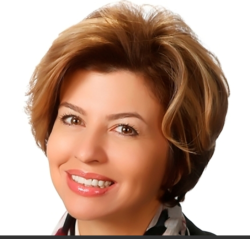
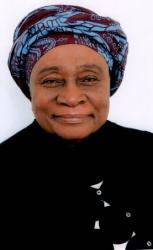
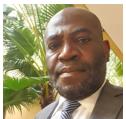
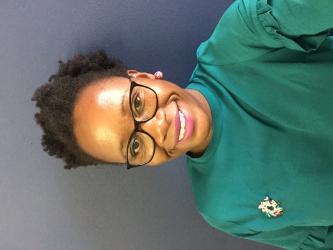
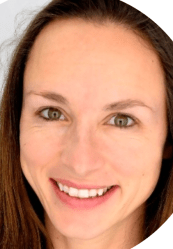



Commentary
6 stories about scaling change throughout education systems
October 12, 2023